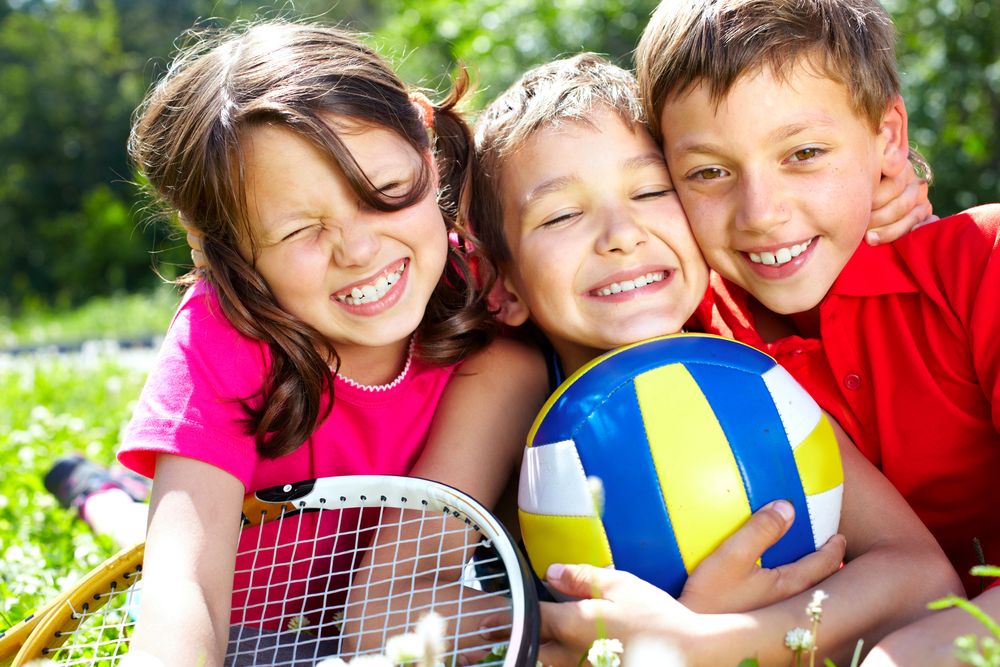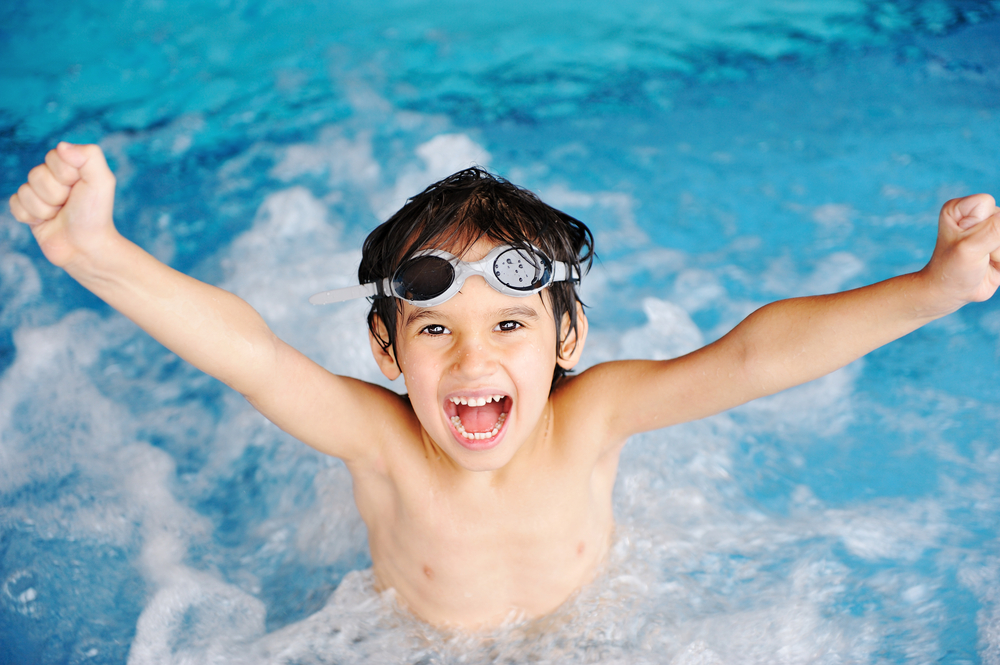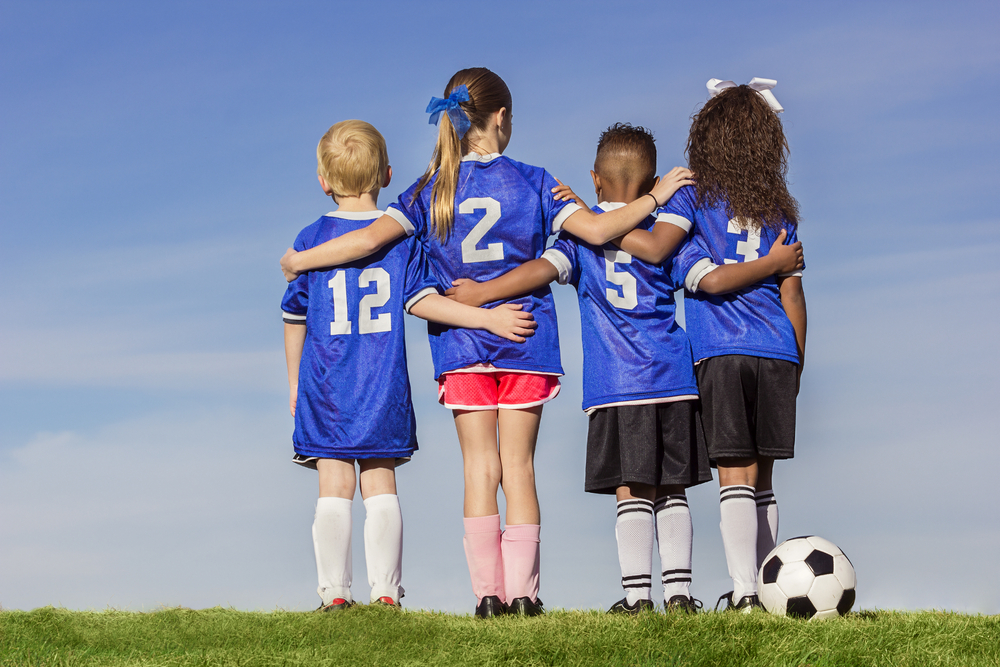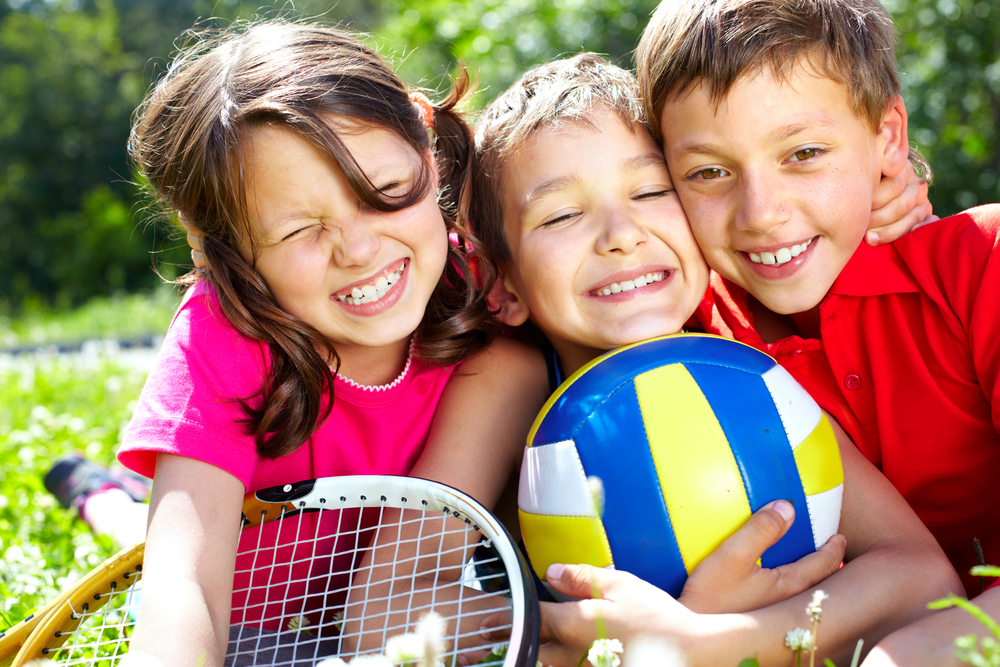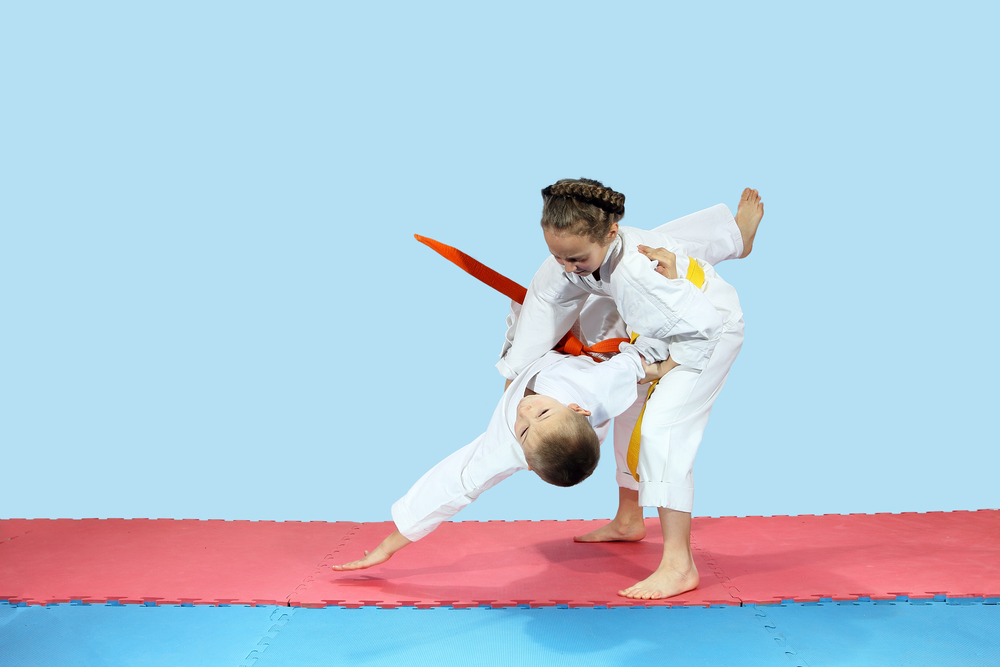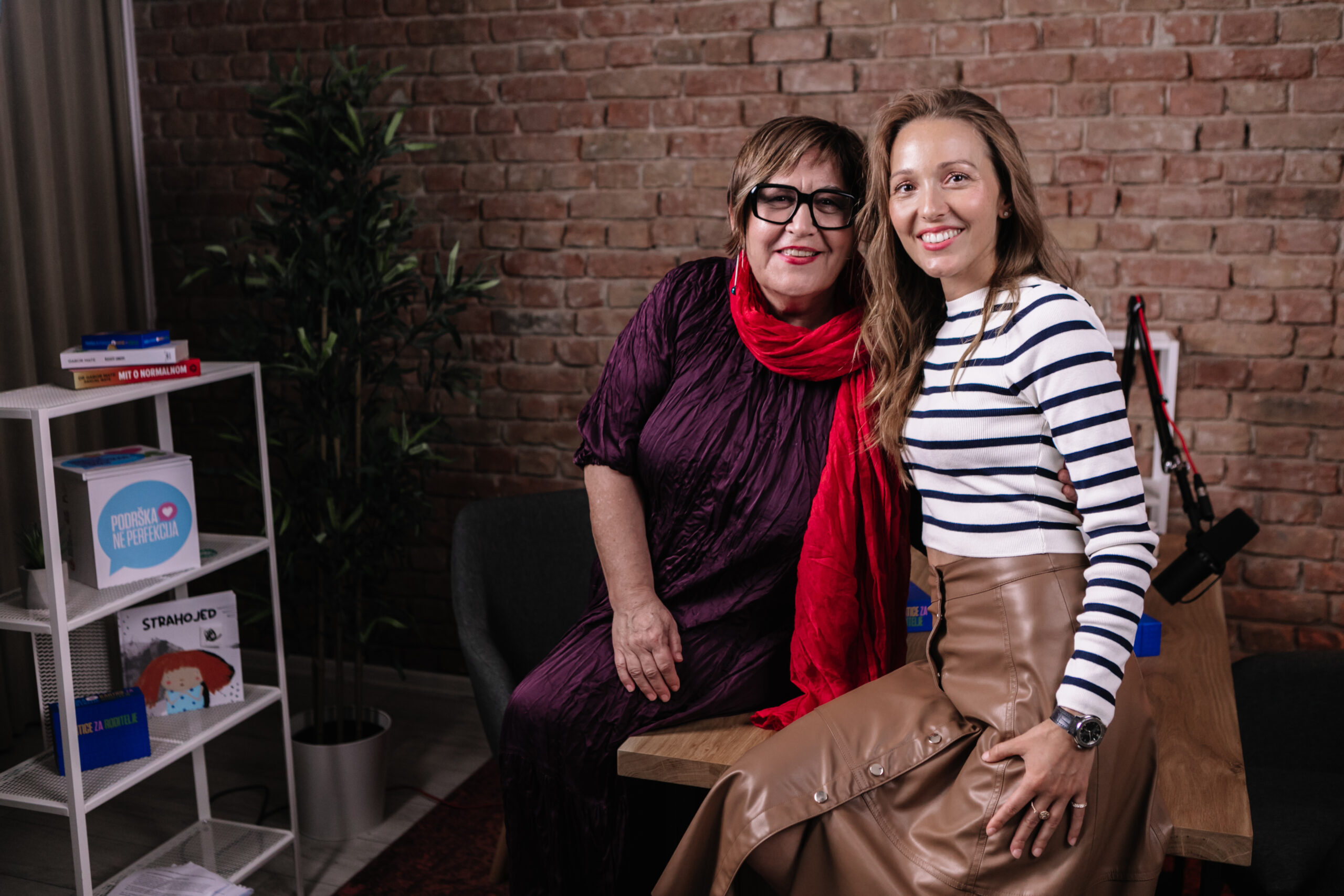When should kids start playing sports, given that their physical and mental development is highly individual?
From my early childhood I had a great interest in sports and outdoor activities, such as playing with my friends in the park or at the local playground. I was lucky enough that my parents supported me in almost everything, including sports, so they helped me find the activity that would be just right for me.
Even before I reached school age, I practiced tennis. However, team sports were more appealing to me, so I started with volleyball, and after a while turned to basketball. I remember I spent a lot of time on basketball courts during my school years. There were no gadgets, ipads, and other similar things. All the kids had fun outside. Good old times, I would say. Although I didn’t become a professional athlete, I’m glad my parents let me engage in sports which I much enjoyed. They helped me develop physically in the best possible way and shaped my personality in a good and healthy environment.
If you have children, you should introduce sports into their lives. However, make sure you aren’t pushing them too hard. Instead, be patient and encourage them to try everything they like because that is the only way to spark interest in them. Not only will they enjoy doing things they like but they will also be more physically active and will spend less time in front of the screen. That is a win-win situation, don’t you think?
However, the right timing is crucial here.
So when should kids start playing sports, given that their physical and mental development is highly individual?
It’s not possible to determine universal rule regarding this issue. Australian experts say children are generally ready to practice sports at 8-10 years. Researchers at Mayo Clinic in the USA believe that kids at the age of six are physically and mentally prepared to engage in team sports. On the other hand, according to Serbian doctors, the best time for children to start playing sports is when they are seven, right after they enter primary school.
Sport fills children with self confidence, it nurtures their team spirit, and equips them with the right set of skills to help them overcome any obstacles or difficulties the life may bring, like starting school for the first time.
What to do when your child shows an interest in sports? How you can encourage him to start practicing?
First of all, don’t force your child to hold a tennis racket if he would gladly kick the ball on the football field instead. This can be counterproductive and it could make him unwilling to practice particular sport. Put yourself into his shoes for a second and imagine you dream to become a pro golfer, and someone tells you it’s better to be a swimmer.
Don’t chase your lost dreams! Let your kids express their own individuality. Let them choose the sport they want, and explain to them that sport is a great opportunity for them to engage in, to have fun and make new friends.
If your child shows no interest in sports, try to find the cause for this. Perhaps he or she are just shy, scared or have some other minor problems (lack of confidence, for example). Be patient and try to help your child to start believing in himself and his abilities.
What sport should your kid play first?
If we take into account development of basic motor skills, athletics should be on top of the list, being the best in this aspect. Children learn running techniques, develop speed and agility, balance and coordination, accuracy of movements, flexibility – everything they need to know before they continue to another sport.
Recently I had the opportunity to meet 13-year-old Mina Gajic. She has been practicing athletics since she was eight. However, she didn’t start with the athletics first. The first sport she got exposed to was gymnastics, but she found that she didn’t enjoy it as much as she should have and decided to pursue running instead. Since then she has won nearly 200 medals in various competitions in Serbia (mostly in the 600 meters), leaving behind her three year older opponents.
But the medals were not the reason why Mina decided to engage in athletics. It was her love for the sport. She achieved success only after a lot of hard work, apart from being a unique athletic talent.
If your child chooses any other sport, coaches should help him develop basic sports skills in the beginning. Otherwise, your child won’t get much from their training. If proper habits and abilities in terms of basic motor skills are not mastered and developed in time, then technical and tactical skills essential for any sport can’t be improved in the right way either, as adequate motor skills are lacking to support these demands.
Finally, what the child wants should count most
It’s important that the particular sport matches with the child’s personality style, athletic ability and interest level. Wrong choices bring unequal chances for success in the sports field, increase the risk of injuries, lead to a loss of interest in sports, and can cause great anxiety and frustration.
What’s even more important is to NOT force your children to become STAR ATHLETES such as Novak Djokovic, Ana Ivanovic, Lionel Messi or Usain Bolt. Many parents make mistakes by automatically enrolling their kids into the sport they once used to practice. This negatively affects their children’s personality. It also makes them feel not good enough if they are not able to satisfy their parents’ expectations and be the best players on the court.
Remember: any kind of physical activity or exercise is better than no physical activity at all. Every child is different. Based on his personality and motor skills he will be more or less interested in sports and prefer team sports rather than individual ones and vice versa.
When children are having a great time, it means they are playing, and they are able to do their best. Thus, they can keep developing and progressing and finally reach their full potentials.
Special thanks to Tamara Stojmenović, MD for her help and support in writing this article.

